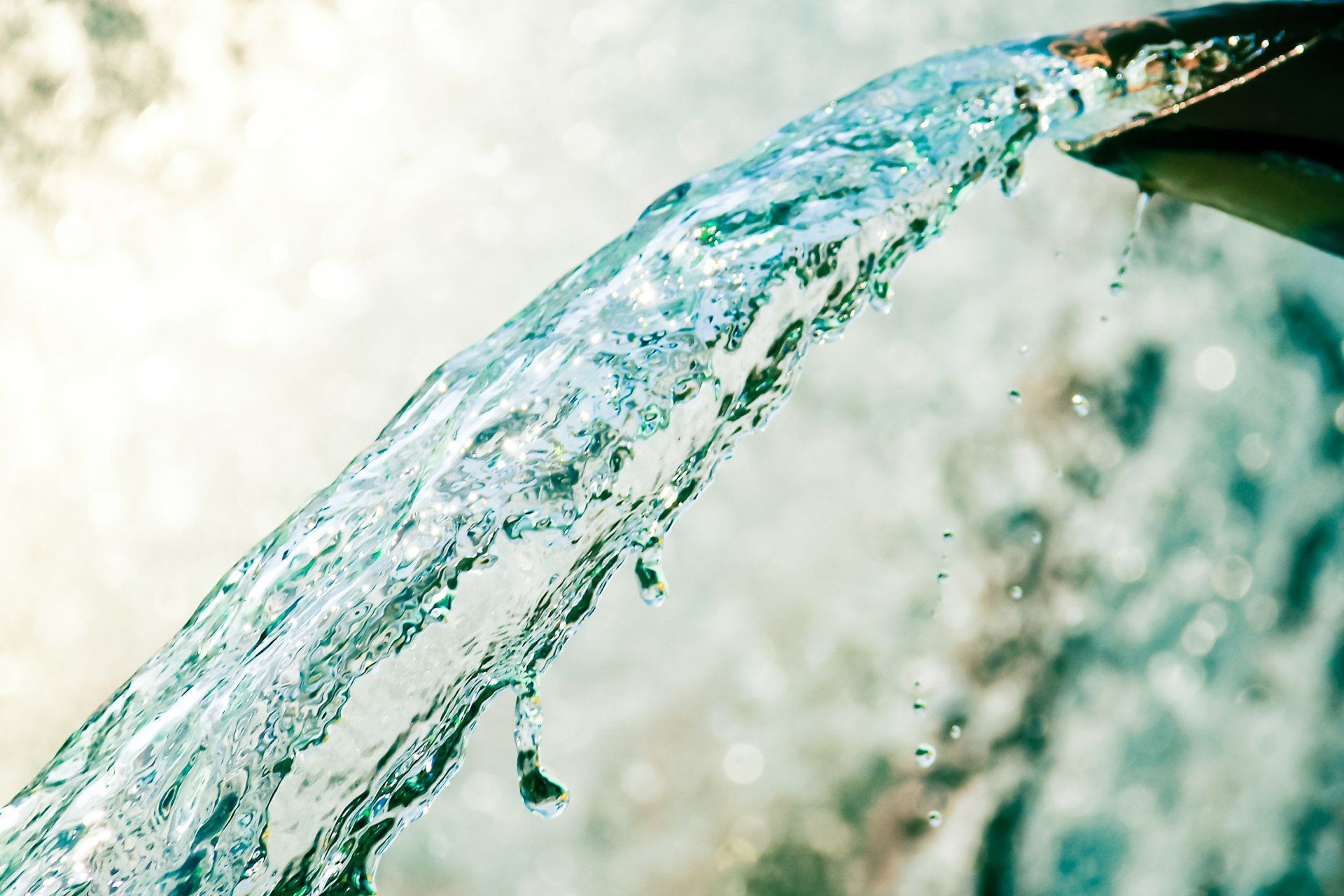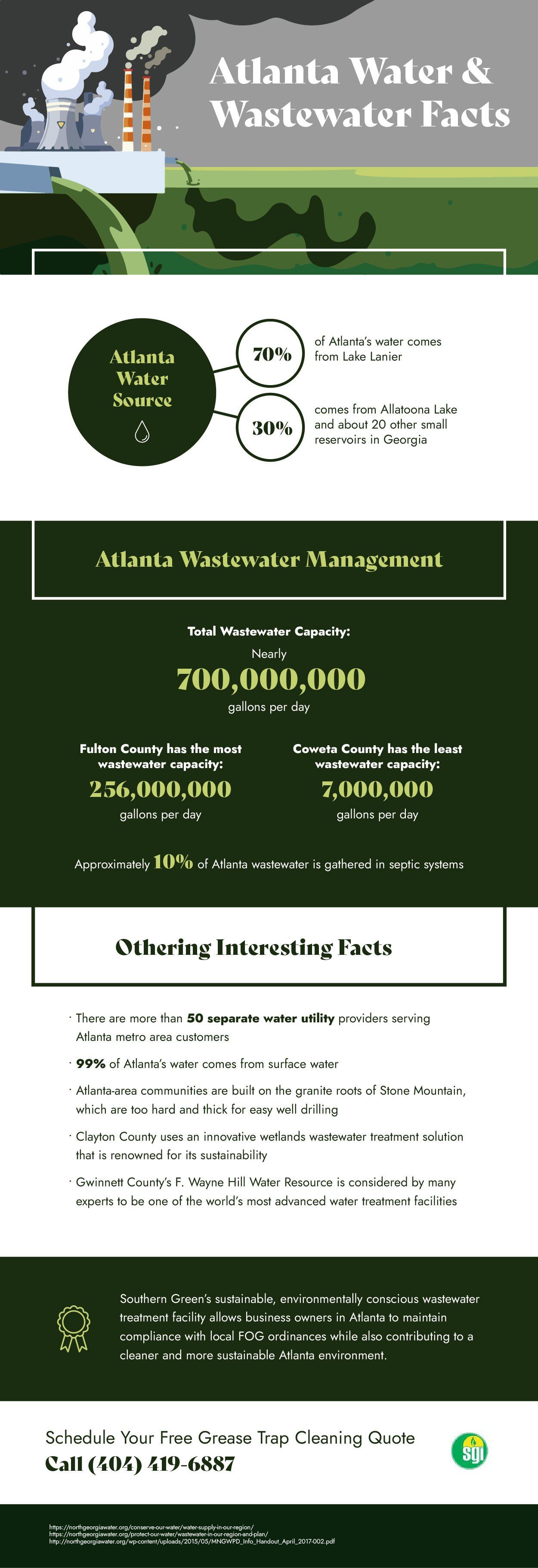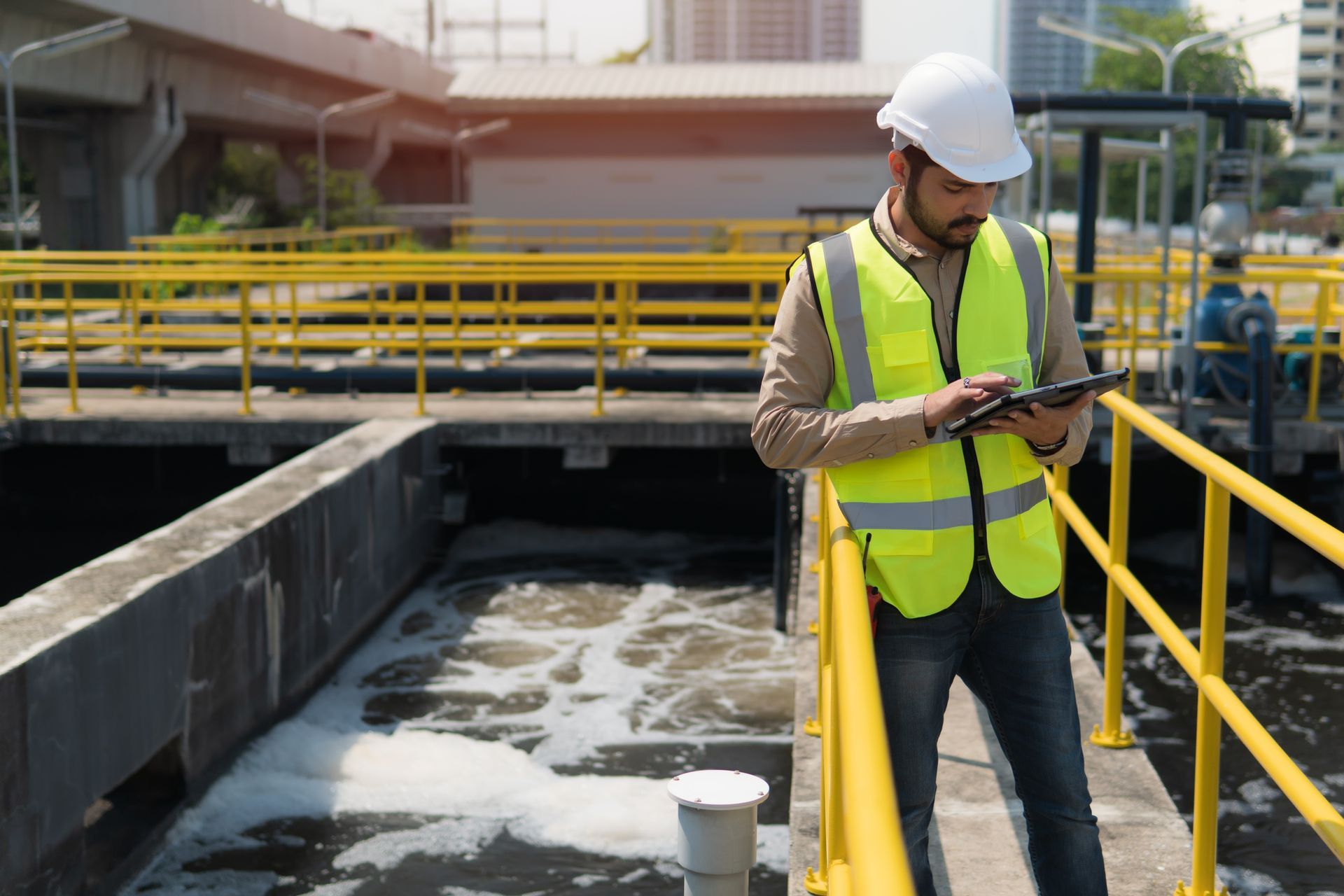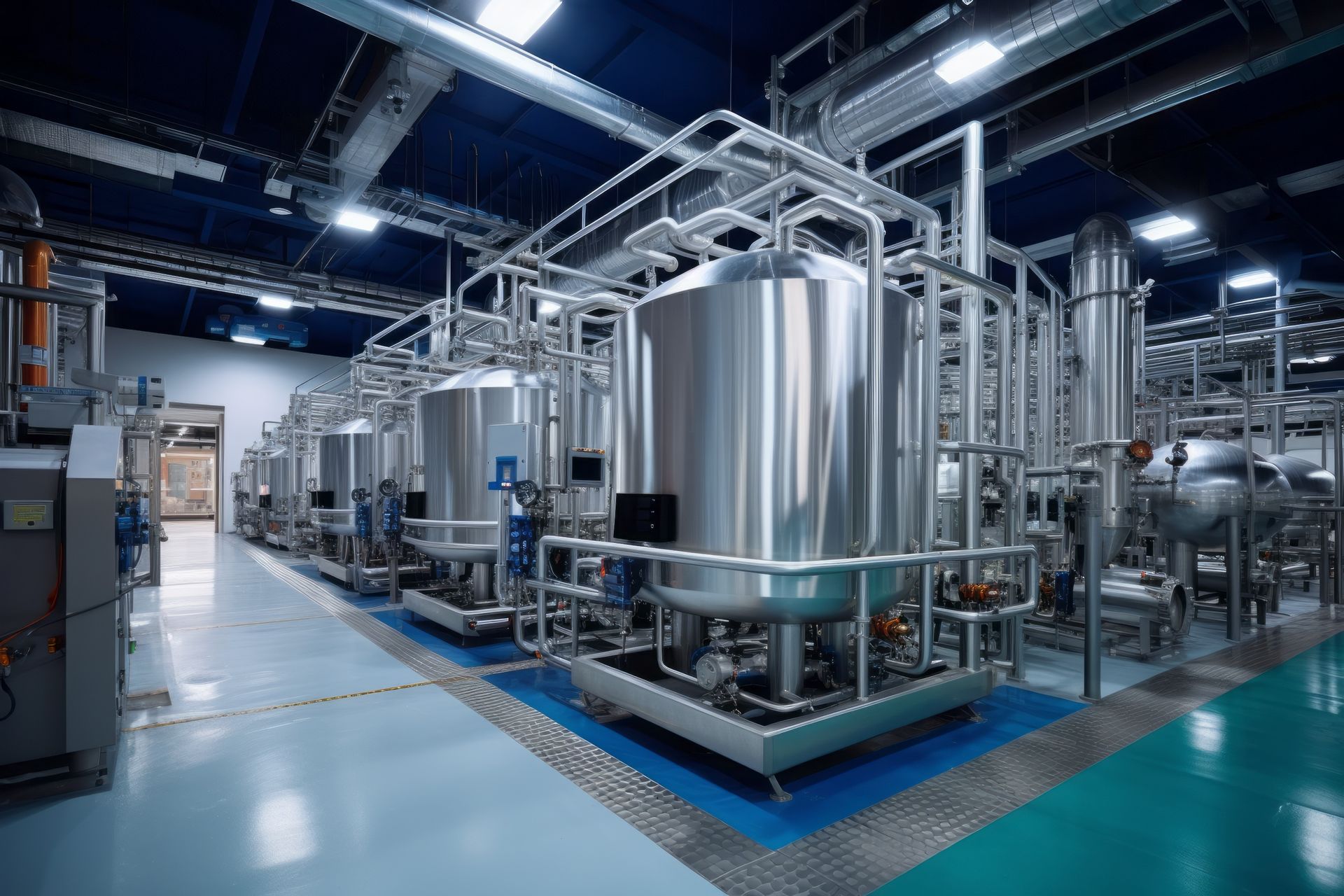Call Today for a FREE Quote
(404) 419-6887
Where Does Atlanta Water Come From and Where Does the Wastewater Go?

How much do you know about Atlanta’s water supply? If you answered, “Not much,” you’re not alone. Watershed management isn’t exactly a hot button issue or an exciting topic of conversation in Atlanta – but it is hugely important.
Atlanta city proper is home to roughly half a million residents. Each of those people rely on the city’s water system every day for everything from bathing and flushing toilets to washing dishes and clothes. Even if you drink bottled water or purified water instead of tap water, you still rely on the city’s water system for countless modern comforts.
Water, like many utilities, is extraordinarily vital to everyone’s life but is rarely thought about or discussed by the people who rely on it.
Interesting Facts About Atlanta’s Water Supply
- There are about 160,000 commercial and residential water account holders in Atlanta
- Atlanta’s Department of Watershed Management employs nearly 1,500 people
- Roughly 190 million gallons of stormwater was diverted by environmental improvement projects in 2018
- The city has 12 water storage tanks for a total capacity of 37 million gallons
Of course, the actual city of Atlanta represents only a fraction of the total water needs of the Atlanta metro area. “Metro Atlanta” is spread over 15 counties and 95 individual cities and is home to nearly 5.5 million people. There are actually about 50 different water utility providers serving the needs of the entire Atlanta metro area.
Where Does Atlanta Get Its Water From?
In recent years the majority of Atlanta’s water, about 70 percent of it, comes from Lake Lanier. The artificial lake, created by damming the Chattahoochee River with the Buford Dam, dates back to the 1950s. The other 30 percent comes from Allatoona Lake and about 20 other small reservoirs in Georgia.
Both the Allatoona Dam and the Buford Dam also generate clean hydropower – roughly 85 megawatts and 126 megawatts respectively.
One thing that makes Atlanta water unique is that it’s almost all surface water. The thick granite foundation on which Atlanta resides makes drilling for groundwater difficult, which is why only about one percent of the metro area’s water supply is from groundwater sources.
Atlanta Water Disputes
Alabama, Florida and Georgia aren’t generally considered particularly dry states. Our city, sometimes referred to as the “City in the Forest,” certainly isn’t a desert. You may be surprised to learn that access to water is still a significant point of contention between Georgia and our neighbors. The “Tri-State Water Wars” is a legal fight that’s been going on since the 1990s. The dispute is specifically over the Apalachicola-Chattahoochee-Flint and Alabama-Coosa-Tallapoosa River Basins.
Both the Allatoona and Lanier reservoirs are technically operated by the U.S. Army Corps of Engineers. The state of Alabama sued the Corps of Engineers to prevent any additional water from being distributed from the lakes to Atlanta. In the water war’s most recent action, Florida sued Georgia in an attempt to hold the state’s Apalachicola-Chattahoochee-Flint water use down to 1992 levels of consumption. On April 1, 2021, the U.S. Supreme Court decided in favor of Georgia.
How Is Atlanta’s Wastewater Managed?
The Atlanta metro area’s wastewater treatment capacity is roughly 700 million gallons per day. About 10 percent of the region’s wastewater is collected in septic systems instead of municipal sewer systems. There are some noteworthy features of Atlanta’s wastewater treatment infrastructure.
The cutting-edge 11-step treatment process at Gwinnett County’s F. Wayne Hill Water Resource plant makes it one of the world’s most advanced wastewater treatment facilities. Treated water from the facility is emptied into Lake Lanier to reenter the cycle.
The Clayton County Water Authority has developed a particularly sustainable water treatment “wetlands” solution. When Georgia was hit with one of the worst droughts in its history in 2007, the treatment wetlands helped Clayton County’s reserves hold steady at 77 percent capacity. Clayton County’s wastewater management solution is analyzed the world over for its environmental and sustainability potential.
The Atlanta metro county with the largest wastewater treatment capacity is Fulton County with 256 million gallons per day, followed by Cobb County at a distant second with 112 million gallons per day. The smallest capacity is found in Coweta County at just seven million gallons per day.
We Have Our Own Wastewater Treatment Solution in Atlanta
Wastewater treatment is an important part of grease trap cleaning and maintenance services. The water and FOG pumped out of your business’s grease traps is far from clean. Its high FOG content means it can’t just be put into Atlanta’s regular wastewater system – it needs to be treated before it can reenter circulation.
As a company that’s committed to sustainability and environmental responsibility, we’re proud to have our own safe and highly effective wastewater treatment solution. If your business cares about being green but also getting exceptional service, Southern Green Industries is the obvious choice.
Call us at (404) 419-6887 to get a free quote for fryer oil recycling, grease trap services or one-off service visits.

Recent Blog Posts
Contact us Today for a FREE Quote
We are committed to making grease trap cleaning and fryer oil recycling as clean and easy as possible. If you’d like to learn more about our services or get a quote, give us a call at (404) 419-6887.
Southern Green Industries is an Atlanta owned and operated grease trap cleaning and fryer oil recycling company operating in Atlanta and throughout the entire state of Georgia.
All Rights Reserved | Southern Green Industries | Built by REV77



